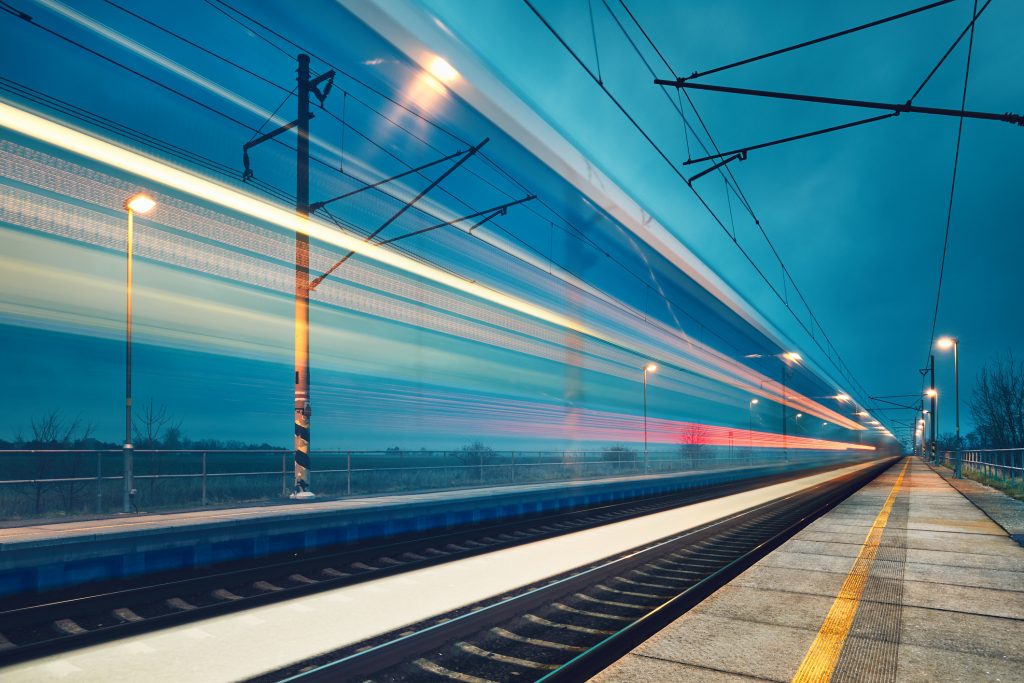European Erasmus+ project to train skills for the future of railways
UNIFE has announced the kick-off of an Erasmus+ project for skills development in European rail. The 4-year Skill Training Alliance For the Future European Rail System – known as STAFFER – gathers 32 partners from across the European rail community in a stakeholder partnership to address the rising demand in skills needed for technological developments in the green and digital transition of railways.
The STAFFER project will develop training and education paths for the current railway workforce, as well as curricula for students based on current and future skills and competence needs for the whole rail sector. The railway sector is experiencing a severe skills shortage and a need for reskilling and upskilling, according to developers of the programme. Next to that, a large share of the current workforce is expected to retire within the next 10 years.
“STAFFER will be instrumental as it will set the framework for strategic cooperation among key stakeholders of the rail sector – particularly in the context of the upcoming European Year of Rail 2021”, says General Coordinator Angela Di Febbraro, Professor of Transportation Engineering at University of Genoa, Italy.
Digital transition
Currently, a major transformation process is ongoing in the railway sector, driven by research and innovation. There are big developments in the digitalisation of railways in for example monitoring and maintenance, and the rollout of ERTMS is a an ongoing challenge for European railways in the upcoming years. These technological developments require suitable skills and competencies.
“Under the umbrella of our rail Skills Alliance, businesses, education and training institutions, professional associations, and other partners will develop and implement strategies to address skills gaps and shortages, by developing occupational profiles, vocational programmes and qualifications, as well as designing a long-term action plan to be rolled out at the European, national, and regional levels”, says coordinator Di Febbraro.
Cross-European mobility programmes and work-based internships for students, apprentices and staff will be implemented. The goal is that with the needed skills, the rail sector will be able to provide more and improved products and services to navigate both the green and digital transition of railways. Together, the alliance should give European rail professionals and their future colleagues the tools needed to continue developing rail as an essential enabler of sustainable mobility and economic recovery.
Cooperation
In the program, 32 partners from all over Europe are involved, such as railway infrastructure managers, operators, railway technology companies and universities. STAFFER aims to deliver solutions for all areas of railways and to help unify the European rail system. The 4-year long project is funded through the Erasmus+ programme of the European Union led by the Directorate-General Education, Youth, Sport and Culture. The Education, Audiovisual and Culture Executive Agency of the EU is the contracting authority and monitors the project implementation.
UNIFE, the Association of the European Rail Supply Industry, launched a campaign earlier this year to attract young people to the railway industry. One of the focus points of the Hop on for our Planet campaign is on the younger generation and how the railway industry can help them make a difference towards a sustainable future.
Back to news